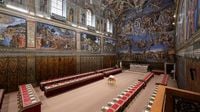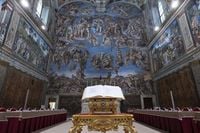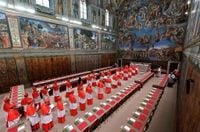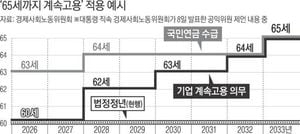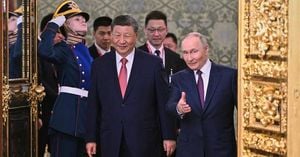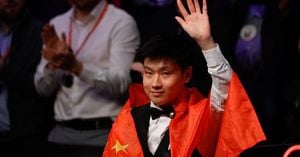The conclave to elect the next Pope officially began on May 8, 2025, with 133 cardinals from 70 countries participating in this critical event held in the Sistine Chapel. This conclave is particularly significant as it occurs 12 years after the election of Pope Francis in 2013, marking a pivotal moment for the Catholic Church amid global crises such as war, climate change, and rising right-wing politics.
On the morning of May 8, the cardinals gathered at St. Peter's Basilica for a special Mass led by Cardinal Giovanni Battista Re, which commenced the conclave schedule. Following this, the cardinals returned to the Sistine Chapel at 4:30 PM, where they took an oath to maintain secrecy regarding the voting process, before casting their ballots to elect the new Pope.
Cardinal Giovanni Battista Re, during the morning Mass, urged the cardinals to prioritize the needs of the Church and humanity in their voting decisions. "We have come here to ask for the Holy Spirit's help to elect the person that the Church and humanity need at this difficult and complex historical turning point," he stated, emphasizing the importance of selflessness in their choices.
The conclave's voting process is structured such that a candidate must receive at least 89 votes, representing two-thirds of the electoral body. On the first day, voting occurs only once, but from the following day onward, the cardinals will cast their votes up to four times daily, with two voting sessions in the morning and two in the afternoon. The expectation is that the new Pope may be elected by May 8 or 9, 2025, based on the historical average of conclave durations.
The election results will be communicated to the public through the color of smoke emitted from the Sistine Chapel's chimney. Black smoke indicates that no Pope has been elected, while white smoke signifies the election of a new Pope. In recent conclaves, the average duration for electing a Pope has been around four days, with the longest stretching just beyond five days.
Prior to the conclave, discussions among the cardinals focused on the challenges facing the Church and the qualities needed in their new leader. The conclave is not just about electing a new Pope; it is also a moment of reflection on the Church's direction during a time of significant global turmoil.
As the cardinals prepared for the conclave, they were reminded of the weight of their responsibility. Cardinal Parolin, who presided over the meeting, led prayers invoking the guidance of the Holy Spirit. The cardinals entered the chapel singing the 'Litaniae Sanctorum' and took their places in the Sistine Chapel, where they began the solemn process of electing their new leader.
During the oath-taking ceremony, each cardinal pledged to uphold the teachings and guidelines established in the apostolic constitution 'Universi Dominici Gregis' and to maintain strict confidentiality regarding the proceedings. This oath is a crucial part of the conclave, ensuring that the process remains sacred and protected from outside influence.
As the cardinals cast their votes, the world watches closely, eager to see whether the next Pope will continue the legacy of Pope Francis, who has been noted for his progressive views on various issues, or whether the Church will shift back toward more traditional values under a new leader.
Potential candidates for the papacy include Cardinal Pietro Parolin, the Secretary of State, Cardinal Gerhard Müller from Germany, and Cardinal Luis Antonio Tagle from the Philippines, all of whom have been mentioned as strong contenders. The outcome of this conclave could dictate not only the future of the Catholic Church but also its stance on pressing global issues.
The conclave is a moment of unity and solemnity for the Catholic Church, as cardinals from around the globe come together to seek divine guidance in their decision-making. As they embark on this journey to elect a new Pope, the anticipation builds, and many are left wondering what the future holds for the Catholic Church and its followers.
As the cardinals engage in this critical process, their deliberations and decisions will shape the Church's response to contemporary challenges, including social justice, climate action, and the plight of migrants. The world awaits the emergence of white smoke, signaling not just the election of a new Pope, but a new chapter in the history of the Catholic Church.
This conclave stands as a testament to the enduring nature of the Catholic faith and its capacity to adapt and respond to the needs of its followers in an ever-changing world. The cardinals' commitment to prayer and reflection during this period underscores the importance of their task and the hope that the new Pope will guide the Church with wisdom and compassion.
